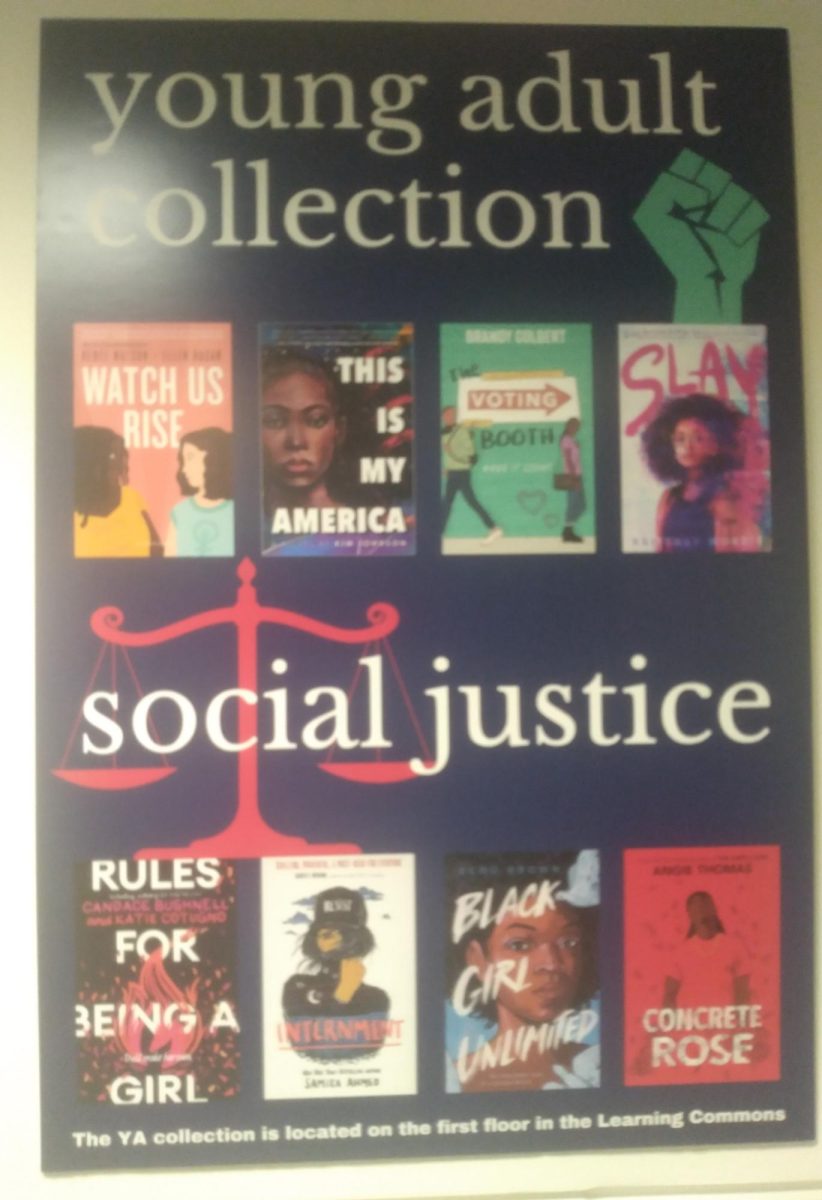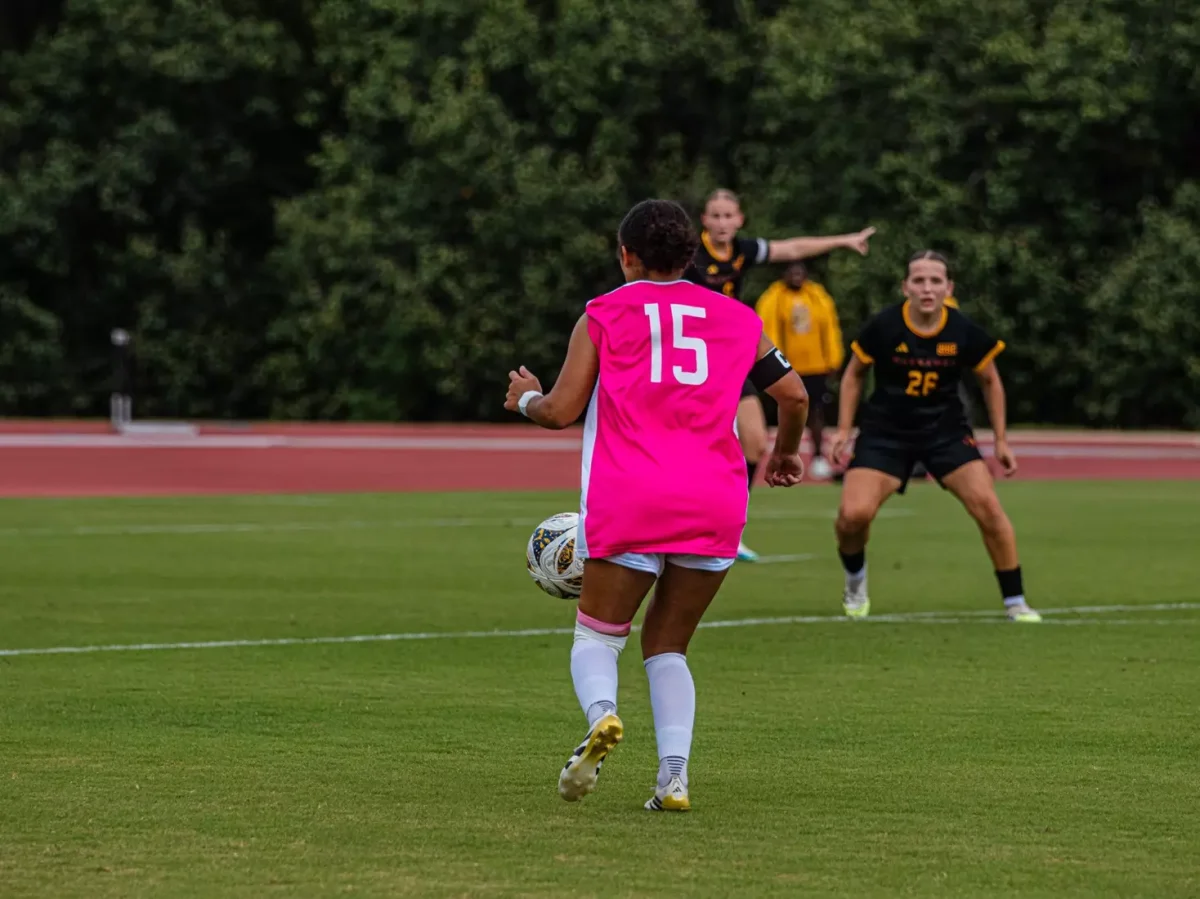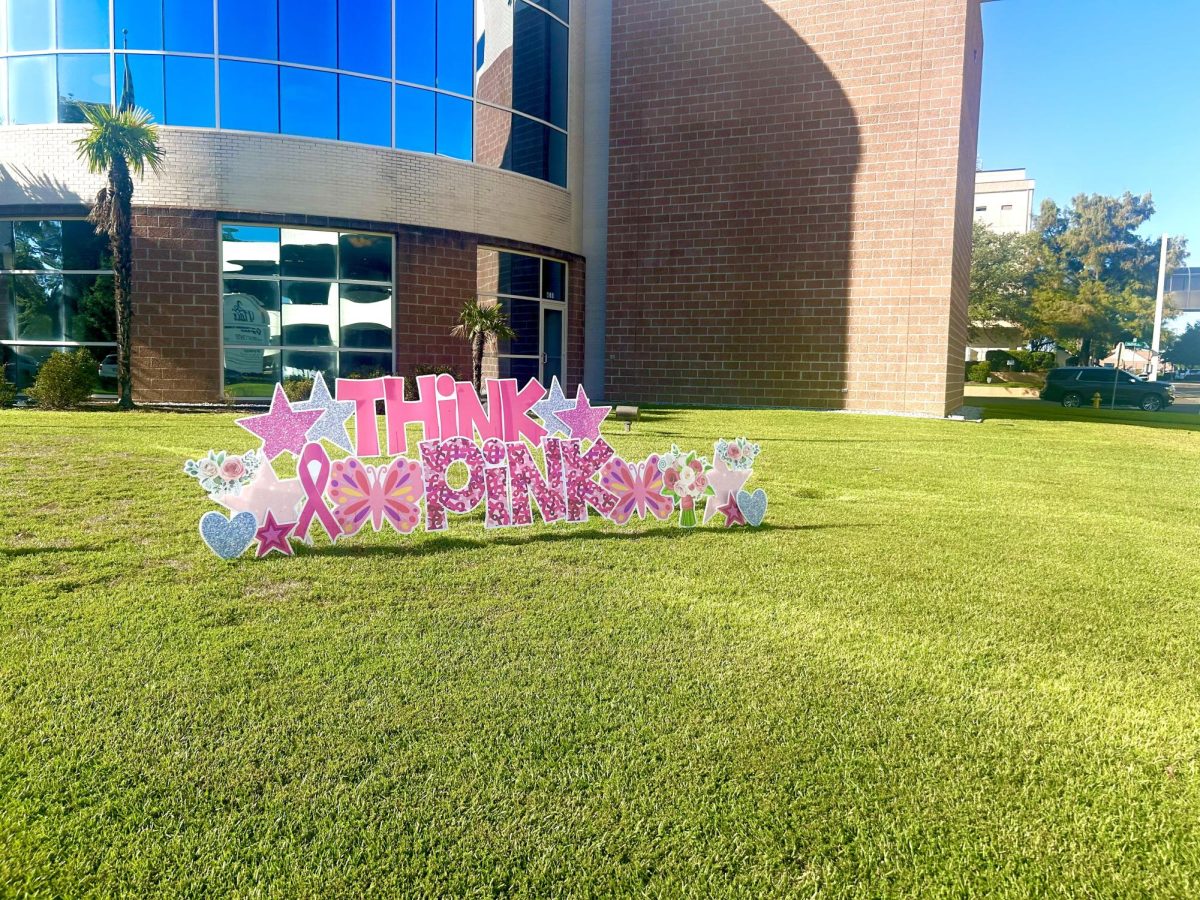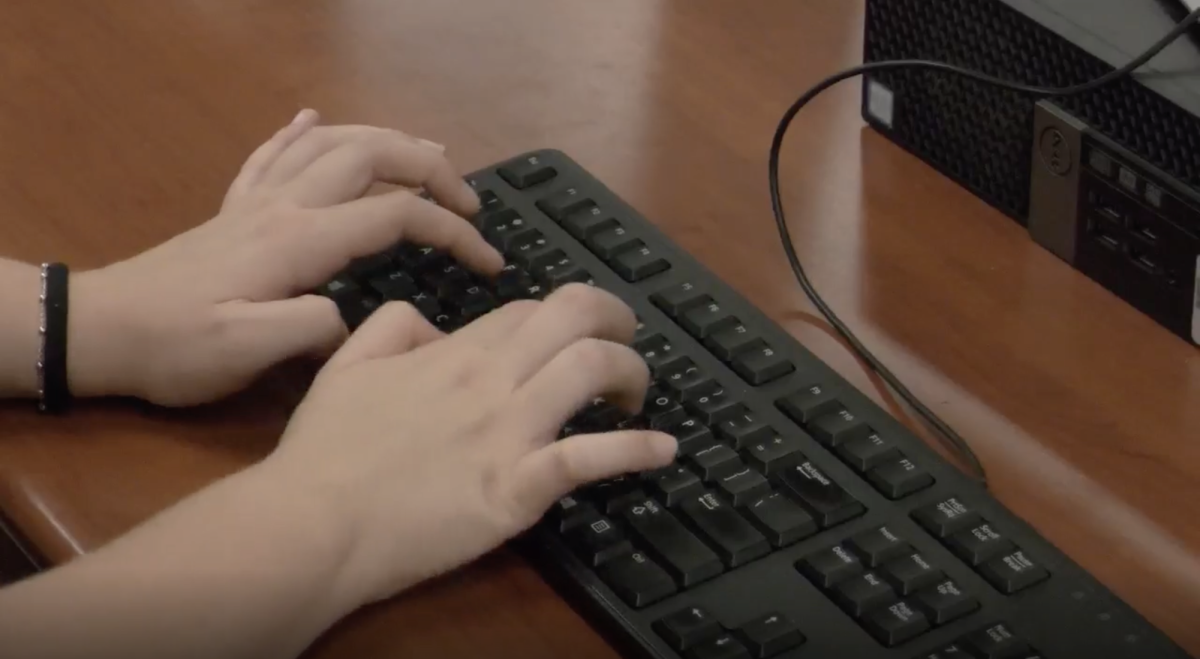A recent report by the Southern Rural Black Women’s Initiative (SRBWI) said that black women living in rural Mississippi experience imbalanced economic issues. The report said that many gaps exist between black women and other groups in jobs and pay.
The SRBWI is a collective of female leaders across the state, aimed at uplifting black women and families in impoverished communities.
The cooperative promotes a human rights agenda in the United States designed to eliminate historical race, class, cultural, religious and gender barriers experienced by black women in the rural South.
“These people want to work,” said Gloria Sturdevant, an adviser for the Women for Agriculture cooperative. “They want to create better lifestyles for their families and their children.”
The SRBWI hopes to change the way black women live in Mississippi and the way the state handles job creation. Not only black women face job shortages, but there also exists a lack of Internet access, dependable transportation and quality grocery stores. These deficiencies prevent families in the rural South from being able to attain jobs, health care and education.
Rural Mississippi houses a large number of low-income families. Women and these families are becoming more reliant on government support as economic endeavors burden their lifestyles.
A report entitled “Unequal Lives: The State of Black Women and Their Families” points out that more than 1 in 4 children are born into poverty in Mississippi— many to single mothers. Unemployment for black women in rural counties in the state is nearly 24 percent—four times higher than white women. Because of this incongruity in opportunity, the group intends to move to- ward more equality by raising the employment of black women.
According to the report, 59 percent of Mississippians lack Internet access, the lowest rate in the country. The report was unveiled at the state Capitol on Nov. 10.
“There must be a change not only to move Mississippi forward, but primarily to move these fami- lies forward because they’re at the bottom of the scale,” said Oleta Fitzgerald, director of the Children’s Defense Fund’s Southern Regional Office, to the Clarion-Ledger.
Fitzgerald said that women in the rural South are limited by their ability to access technology and transportation.
“If jobs are not in your community, you don’t have transportation, we don’t have transportation systems, and how do you do job search?” Fitzgerald said.
Throughout history, black women have served as pillars of the South, enriching its culture as mothers, aunts, innovators, leaders, educators and activists in their communities. Their mindsets of ardor for their families and communities are still in place today. The SRBWI exists to find solutions to societal problems like poverty and inequality in American areas that need the most support.


























